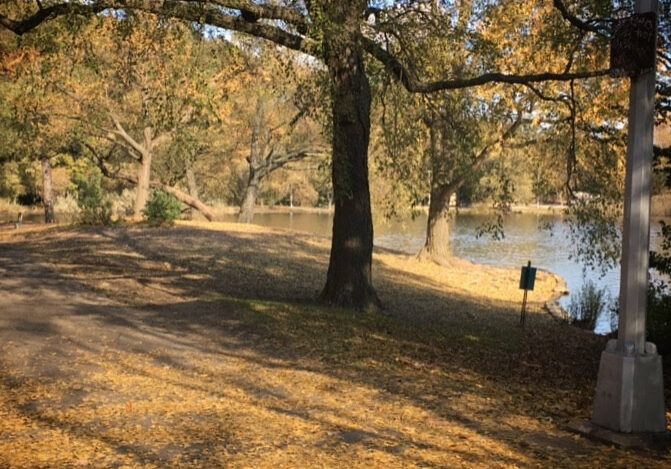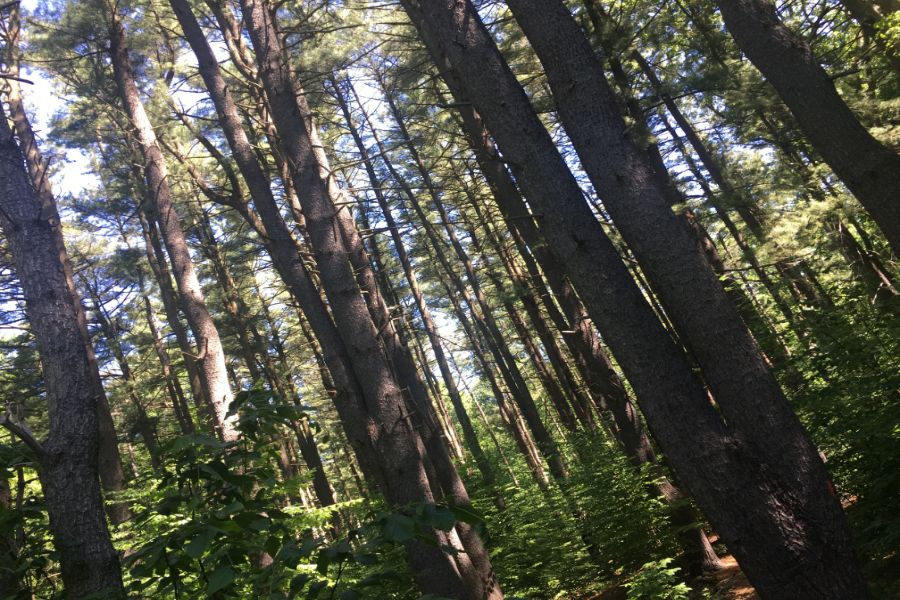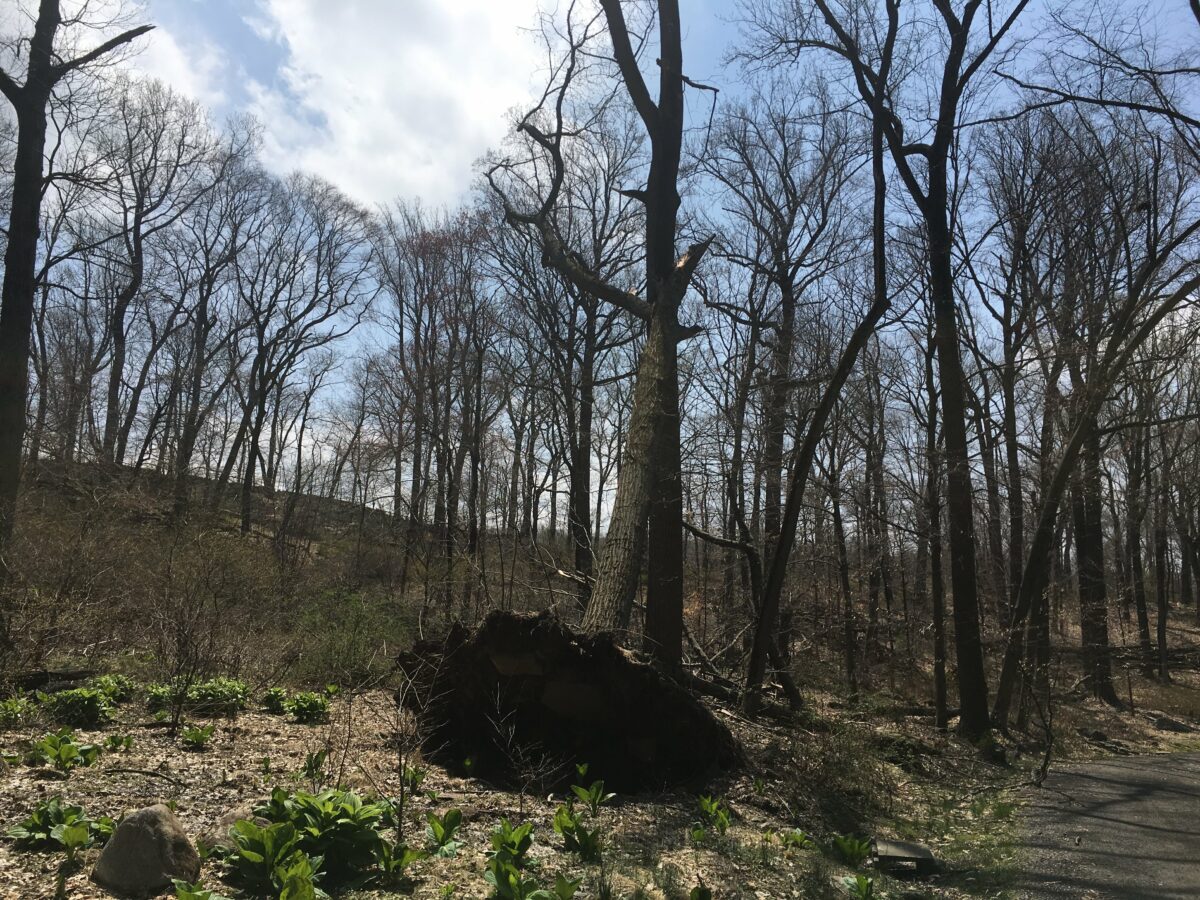January 11, 2023
Consuming as a form of productive procrastination

When I worked at the campus radio station during college, I learned more about public relations, music promotion, media production and mass communication in my first month on the job, than I did from an entire semester of my marketing courses.
That’s because experiential learning, the invaluable process of learning by doing, and learning by intelligently reflecting on that doing, is the only thing that enables true growth.
Doing things is active rather than passive education.
Hosting and producing my own live radio program each week for a real audience engaged my mind, body and soul in three dimensions. It was challenging, it was scary, it was fun, and most importantly, it was work.
The creative skills honed during my time at the station still serve me today, over twenty years later, in every aspect of my career.
But as far as my marketing professor’s lecture on advertising equivalency value, let’s just say there isn’t a whole lot of real world application there. I’ve worked at multiple agencies in my career, and not a single one of my coworkers ever mentioned advertising equivalency value.
Because the only thing that mattered at those jobs was handing in great work. Writing copy and building campaigns that made clients sit up in their seats.
You don’t learn how to do that from reading books and taking classes, you learn that from practicing. For hundreds of hours. Even when you don’t feel like it.
With that, my opinion is that experiential learning is vastly underrated. Particularly in today’s culture, since we live in a world where information and learning has never been more popular and accessible.
Technology has enabled and democratized the production of, and access to, high quality education. No wonder the massive open online course market size is over fifty billion dollars a year.
But as profound as that accomplishment may be, here’s the downstream problem this trend creates.
Consuming information and productive procrastination have become competitive sports. Taking courses provides people with a false sense of accomplishment. We are expert in everything, but experienced at nothing.
Checking off fifteen items on my list, then publishing a picture of that list on social media, only preserves the illusion that I have made progress with my work.
But it’s just false productivity.
The distinction people need to learn is peripheral work versus principal work.
The former includes the secondary activities of your creative process like consumption and organization, and the latter are the primary work units of your creative process like focus and craft. Both matter to the overall journey, but only one will lead to real growth.
Cowen, the esteemed professor and economist, recently ranted about the lack of experiential knowledge during an interview. He said:
People want a kind of talisman, almost like a voodoo object, to stimulate growth.
But things like reading a book or taking a class are cheap and easy ways to pat themselves on the back and go away and forget their original motive. They’re merely buying protection against the worst case scenario, convincing themselves that they have faced up to something, so now they own it a little bit and control it.
People have these complex psychological reasons to process an idea and be done with it, but they don’t necessarily incorporate what’s there. Because it’s not the real thing, it’s just the talisman.
Do you consume as a form of productive procrastination? How might you incorporate greater experiential learning into your journey?
Look, there’s no substitute for actually doing things. The experiential zone is where your deepest and most relevant growth will take place. Knowing all of the information isn’t nearly as valuable as developing experiential wisdom, contextual understanding and practice perspective around the information.
If you want to grow faster, better, bigger and stronger, instead of signing up for another bullshit online course that mostly benefits the clever marketer who created it, go try starting something of your own. Try launching something.
Or partner up and jump into the weeds of someone else’s living, breathing thing, and see if you can stay above water. Then make time every day to reflect intelligently on your experiences.
You will exponentially increase your growth.
What if your obsession with learning is holding you back?

